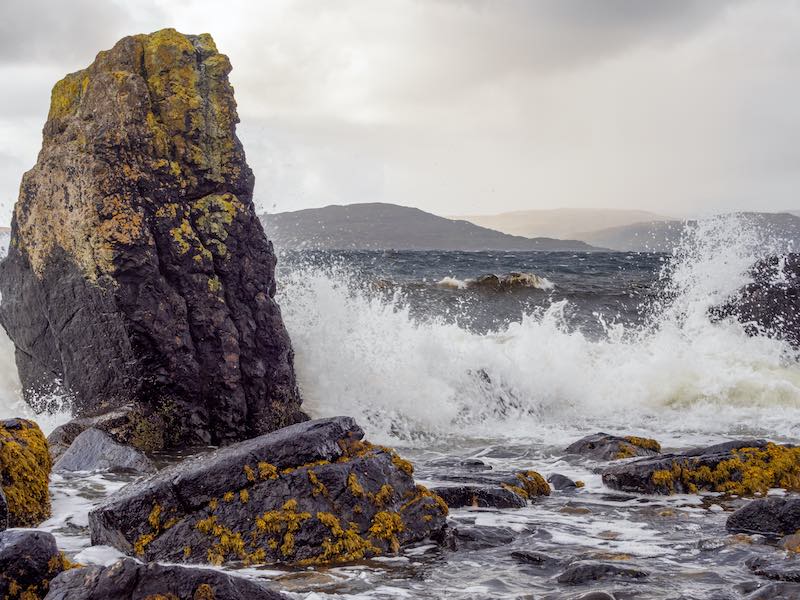Funding Boost for Wave Power Research

Several UK universities have received funding to develop and test new wave power technologies, tapping into a resource that renewable advocates say could meet 20% of the UK’s electricity needs.
The research is supported by £7.5 million from the Engineering and Physical Sciences Research Council (EPSRC), part of UK Research and Innovation (UKRI).
With miles of coastline and large swells driven by wind sweeping across the Atlantic, the UK has 35% of Europe’s wave energy resources and is well-positioned to become a global leader in the sector. Even in the 1970s, the chairman of the Central Electricity Generating Board said, in theory, the waves battering British coasts could power the entire country.
However, development has stalled and there are currently no wave power projects generating grid-connected electricity in the UK.
Wider deployment of wave energy converters (WECs) has been hampered by their lack of efficiency and durability in extreme weather conditions. The eight projects receiving funding will refine the design of WECs, producing a new generation better able to withstand storm waves and harness them as usable electricity.
A research team lead by Dr Qing Xiao at the University of Strathclyde will receive £975,000 to explore where flexible materials inspired by the fins of aquatic animals can make WECs more efficient and less vulnerable to harsh sea conditions.
Another team based at the University of Manchester and led by Professor Peter Stansby will model the impact of waves on the mooring of WECs, which is their most vulnerable part, easily damaged by extreme waves or by attrition.
Other projects will develop and test advanced electrical generators for use in WECs and develop device control and monitoring systems integrated with sea state forecasting from satellite images.
Energy Minister Anne-Marie Trevelyan said: “Our coastline and the power of the seas around us offers huge potential for clean renewable energy that can help us meet commitments to end our contribution to climate change by 2050.
"There are certainly unique challenges in harnessing the power of the marine environment and it is exciting to see how these projects can help us make the most of our natural resources in a cleaner greener future.”
EPSRC Executive Chair, Professor Dame Lynn Gladden, said: “As a source of renewable power, marine wave energy would complement existing wind and solar technologies and help to provide a balanced supply.
“By overcoming challenges to effective marine wave energy technologies, the projects will help to unlock a valuable source of renewable energy and help the UK to achieve its Net Zero goal.”
Read on our blog

With the government poised to implement tough new measures to...

Budget broadband provider TalkTalk has been notifying customers via email...

A year-long investigation by charity Citizens Advice has revealed a...

Education Secretary Nadhim Zahawi has announced a new commitment to...
